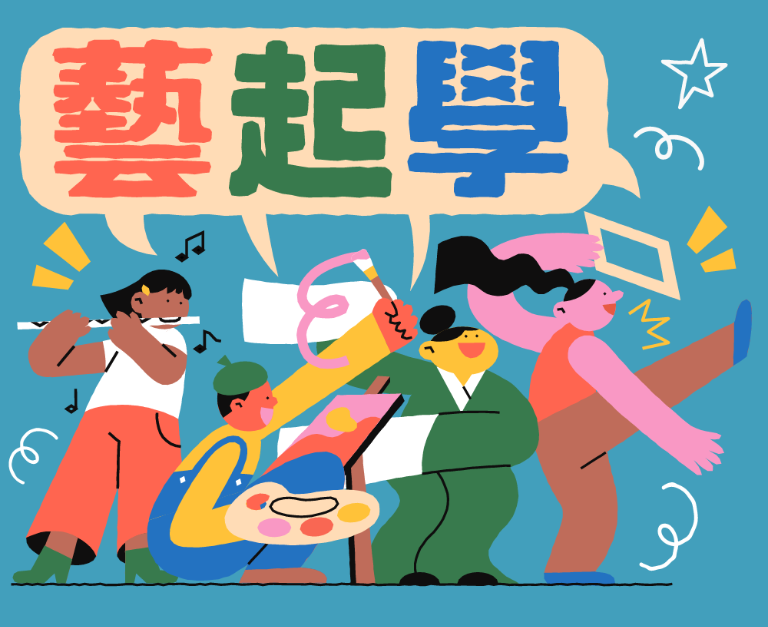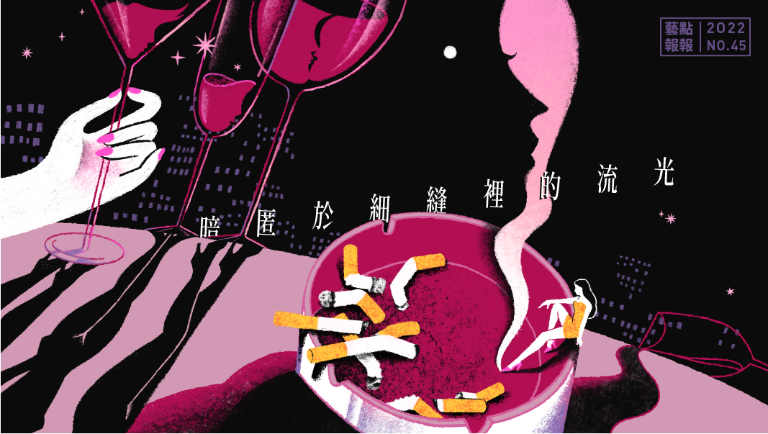In recent years, various sectors have been actively promoting cultural equity to reduce the differences arising from status, age, gender, region, ethnicity, and disabilities1 , so that people can participate in artistic and cultural activities equally. To protect the rights and interests of people with disabilities, Taiwan has amended the name of the law three times and amended the legal provisions several times, from the Welfare Law for Handicapped Person in 1980 and the Physically and Mentally Disabled Citizens Protection Act in 1997 to the People with Disabilities Rights Protection Act in 2007. It was announced in 2021 that the law would be amended again to move towards the goal of achieving equal social, economic, political, and cultural opportunities.
Among the past grants of NCAF, we have seen many projects that focused on issues related to people with disabilities and practiced cultural affirmative action through participation in artistic and cultural activities.
For example, with groups actively promoting multiple ways of appreciation, Yu-Cheng Wang's Audio Description Dance Project aimed to develop the possibilities of audio description dance for the visually impaired through the collaboration of cross-disciplinary workers and visually impaired people in dance workshops, lesson plan meetings, and service organizations. The Taiwan Top Performing Arts Groups annual grant project, including grantee groups such as Huang Yi Studio+ and Dance Forum Taipei, allows the visually impaired to enjoy performing arts performances from multiple perspectives through the use of audio or tactile tours.
There are also artists who plan courses for the disabled, such as Kai-Chun Chiang, who designed an animation workshop for the disabled at the Musée d'Art Moderne de Paris in collaboration with the charity organization Entreprendre pour Aider. I'm Here Right Now is Chun-Luan Yang's project that uses artistic creation to carry out interdisciplinary collaboration between medicine and art at a day care center for the elderly with dementia.
In terms of performances, The Bleinders traveled to Austria to participate in the vokal.total International A Cappella Competition Graz, presenting the professional and exquisite performance of their vocal ensemble. The Sixth Sense in Performance Arts Festival, established by Body Phase Studio in 2001, provides an opportunity for the audience to view, understand, and discuss different aspects of the arts through performances by people from disadvantaged backgrounds or with disabilities, as well as to dispel the social stereotype of people with disabilities as being unable to be autonomous. This festival has fostered the sharing of experiences between international performers and groups, which led to Body Phase Studio being invited by Korea International Accessible Dance Festival (KIADA) to perform Intermezzo in 2017. Through KIADA, artists from Korea and abroad exchange their creative works and promote a greater awareness on disability issues and performing arts among the local community.
In addition, the National Association of the Deaf R.O.C. (Taiwan) was invited by the UK's Deaffest to participate in the film festival in 2019. Deaffest has been held since 2006 and continues to encourage and support the development of skills and expertise in the film production and video industry for people with hearing loss. In the same year, Resident Island Dance Theatre went to Japan for continuing education and participated in the inclusive arts teacher course organized by Stopgap Dance Company, a UK-based inclusive dance training and choreography group. In addition to disabled and non-disabled artists, social workers from different fields also participated in the inclusive dance course.
We hope to build a culture of respect for each other's differences and rights through multilateral communication and exchange, whether it is art appreciation, creation and presentation by artists, or the training of promoters.
Further readings and related websites:
- Taiwan International Deaf Film Festival
https://www.nad.org.tw/twidff/index.php#idea - Watching Music, Listening to Dance: Breaking the Limits of the Senses—The Road to Cultural Equity in Taiwan
https://www.cna.com.tw/culture/article/20190405w001 - Hearing the Dance in the Dark—Choreographer Huang Yi Describes Dance to the Visually Impaired
https://ubrand.udn.com/ubrand/story/12117/4235825 - Not Only Performing, But Also Describing to You: Theater with Audio Description Allows the Visually Impaired to Enter the Theater and "See" a Play
https://www.seinsights.asia/article/3289/3270/4894 - NtMoFA "Fully Accessible Museum" Identification Badge and Project Activities Revealed at the Festival
https://accessibility.moc.gov.tw/NTMOFA/list?v=4 - Museums and Culture, Issue 12: Museums and Disabilities
http://www.cam.org.tw/activity/jmc/download12.htm
*Translator: Linguitronics


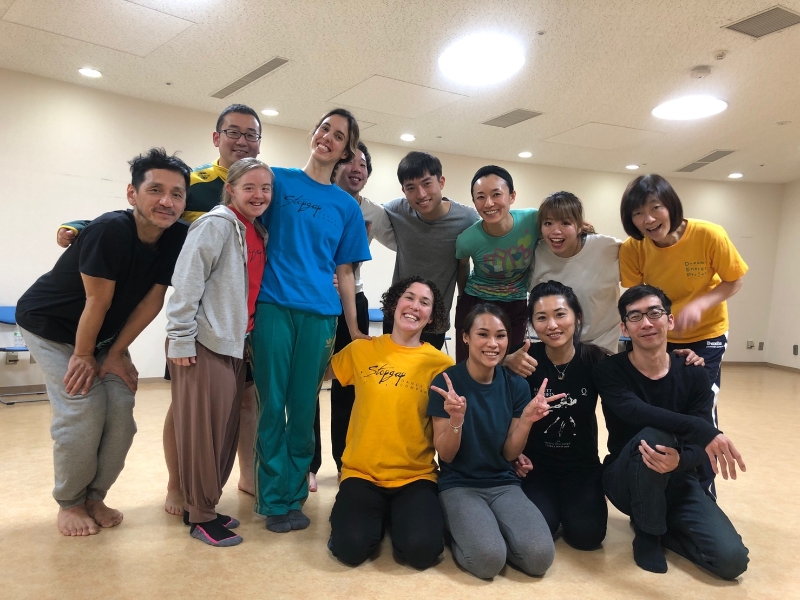


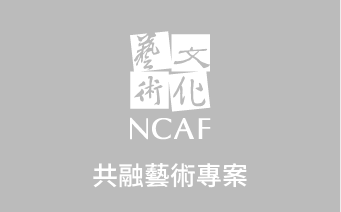
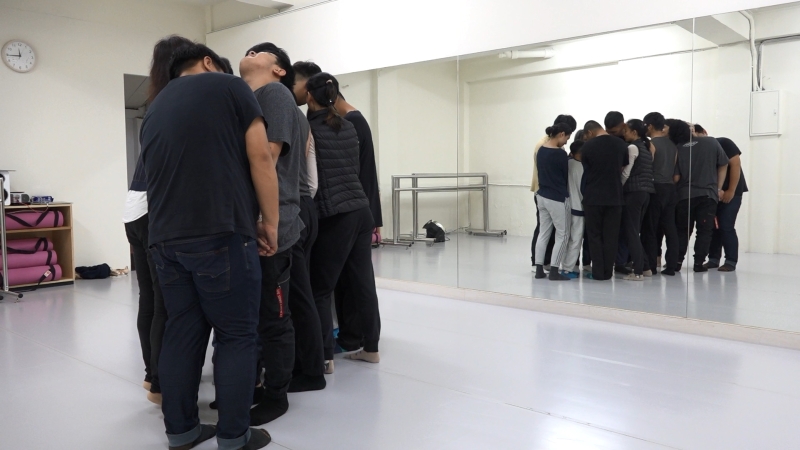
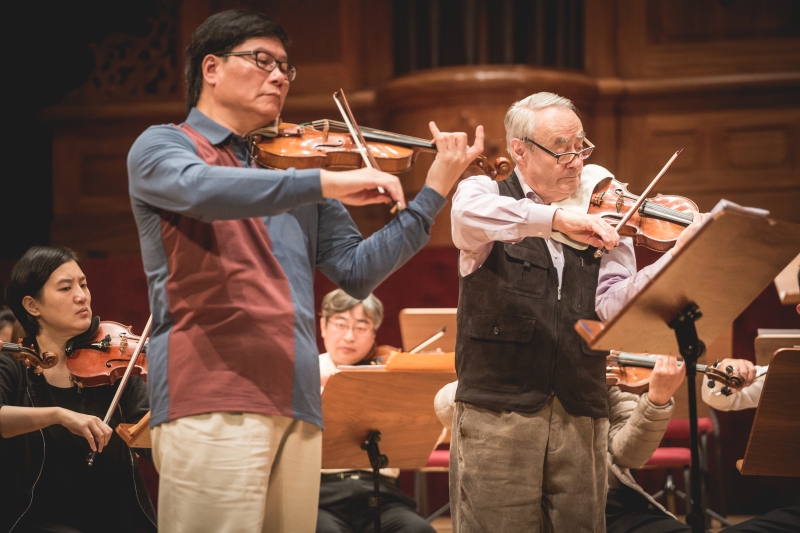

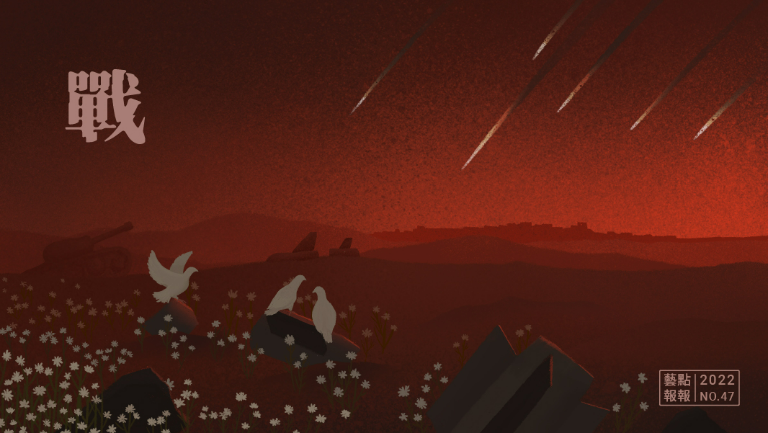
1066X602_1672718844490.png)
